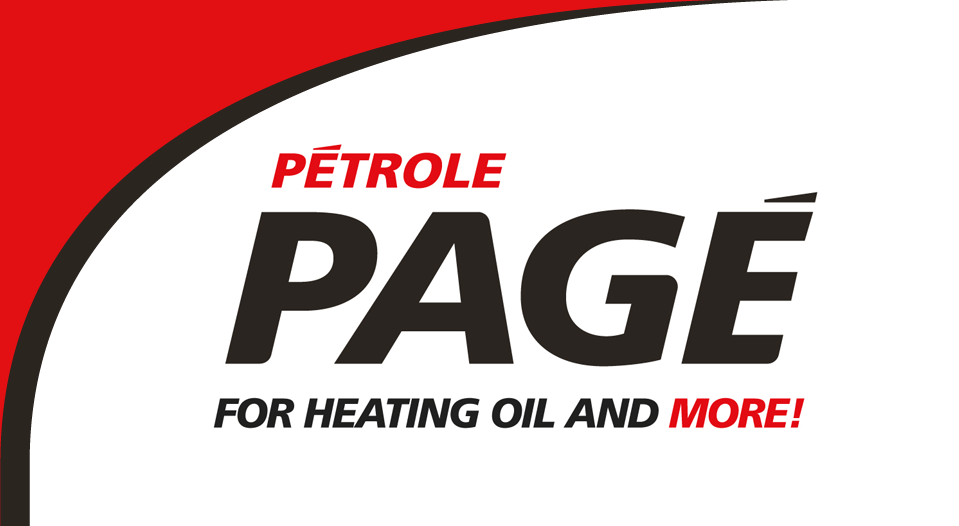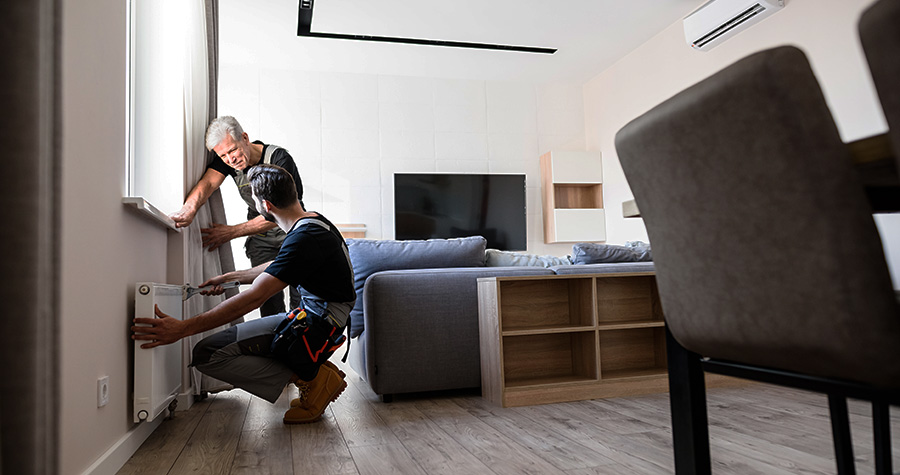Is the sharp rise in energy costs reason enough to want to replace your heating system? The answer is no: there are many other factors to consider before deciding on a costly switch.
Homeowners need to be reminded of this, especially at a time when many are feeling real panic and thinking of giving up on fuel oil, with the price of this energy source having risen in sustained and spectacular fashion in recent years. Because if there’s one thing that no one can predict, it’s what trend energy costs are going to take in the years to come—regardless of the type of energy!
Just a few years ago, oil-fired systems were the cheapest way to heat a house. Who knows how much it will cost to supply natural-gas or electric systems 10 years from now? Besides, a central heating system normally has a useful lifespan of at least 25 years. In other words, when seeking a more economical way to heat your home, the cost of the energy source cannot be your sole consideration.
Factors to evaluate before making the switch
There is a lot to be gained by approaching the problem from different angles before you give the green light to replacing an existing system—all the more so if that system still works perfectly well.
- Is your existing oil-fired system less than 15 years old? If so, replacing it now is very probably not a wise move. In principle, the performance of your new system will likely not lead to large enough savings on your heating bill to allow you to earn back your investment within a reasonable amount of time.
- Have you evaluated your home’s annual heating energy consumption (your heating load)? If consumption is relatively low, changing systems will obviously lead to only minimal savings, and it may take a very long time to absorb the cost of conversion.
- Have you looked into ways of improving your existing system’s efficiency (by upgrading the burner) or performance (by reducing heat losses)?
- Have you considered dual energy; i.e., a hybrid electricity/oil system? By adding an electric furnace (which heats water) or a forced-air heater to the existing furnace, you can benefit from a significant reduction in the cost of electricity (thanks to Hydro-Québec’s DT rate) when the outside temperature is equal to or above 12°C.
- Can you lower the amount of heat needed by making the building envelope more impervious? In other words, is it better to invest in heating less, or in paying less to heat? Adding insulation and sealing air leaks will have a direct impact on the cost of heating your home as well as the comfort of its occupants.
- Have you calculated the full costs that would result from conversion, beyond the purchase and installation of new equipment? These extra costs include installing a chimney liner or eliminating the chimney altogether, removing the existing equipment including the oil tank and its fill pipes, upgrading the electrical panel, all the related repair work, etc.
In short, there are many ways to lower high heating costs. It’s possible to modify, replace or even convert an existing heating system. There are also ways to keep heat in, and keep cold air out.
Every option comes with an immediate cost and an approximate timetable for achieving optimum cost-effectiveness. This is why we warmly (pun intended) recommend that you take a wider look at the situation rather than rushing ahead with a costly choice that may well be the wrong solution to your problem.
Our thanks to Benoît Légaré, of the Agence de l’efficacité énergétique du Québec, and Stéphane Marois, of Les installations en chauffage SM, a certified member of the CAA-Quebec Approved Residential Suppliers network.
Source: CAA-Quebec

